Fact-check: Has the SPLM-IO been dissolved as claimed? No.
A press release allegedly from First Vice President Dr. Riek Machar Teny released on Sunday, 06 March 2022 claiming that the SPLM-IO party has been dissolved is False. His press secretary Puok Both says the information is false and fabricated.
By 211 Check Desk
According to a press release allegedly from First Vice President Dr. Riek Machar Teny released on Sunday, 06 March 2022, the SPLM-IO party has been dissolved.
“…Dr. Riek Machar Teny Dhorgon released a statement dissolving SPLM-IO party and joining the mother party SPLM under President Salva Kiir Mayardit,” partly reads the statement shared on WhatsApp.
The statement was not released by Riek Machar, however.
Investigation
The statement is not viewable on Riek Machar’s Facebook Page or Twitter Account nor did 211 Check find any news reports of the alleged statement in South Sudan’s mainstream media.
The alleged statement shared by online users was not released by First Vice President, Dr. Riek Machar Teny, his press secretary, Puok Both told 211 Check.
“This is false and fabricated information,” Puok Both said in a message reply to 211 Check.
Conclusion:
False. First Vice President, Riek Machar Teny has not dissolved his SPLM-IO party.
#FactsMatter, Don’t be a victim of fake news; instead, let’s fight misinformation on both mainstream and alternative media. To avoid spreading false information, don’t share content you’re not sure about or don’t know where it came from.
To learn more about our fact-checking process, go to https://211check.org/how-to-fact-check/ or send us a WhatsApp message at +211 917 298 255 to present a claim, and our team will immediately fact-check it and respond.
This fact-check has been produced as part of our incubation program under Code for Africa.

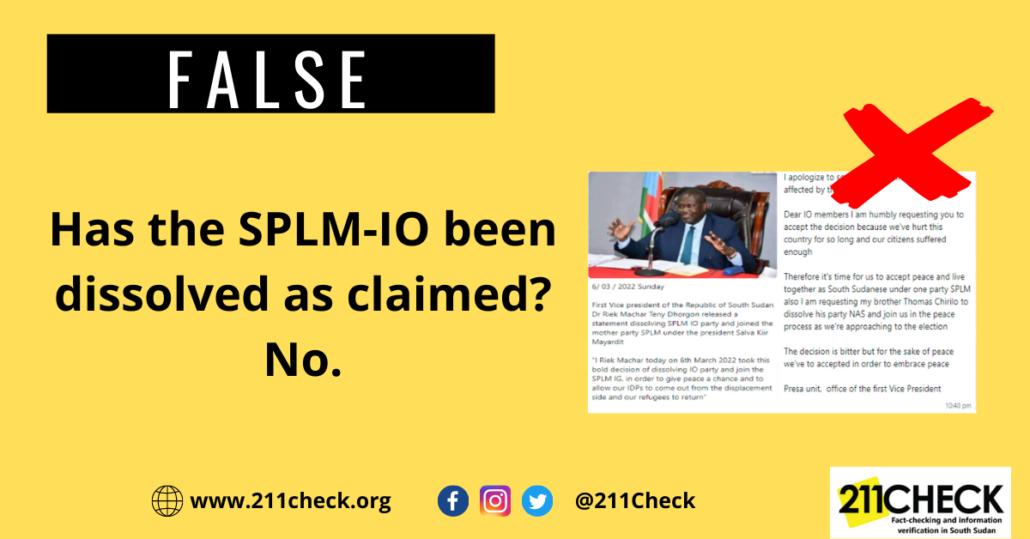
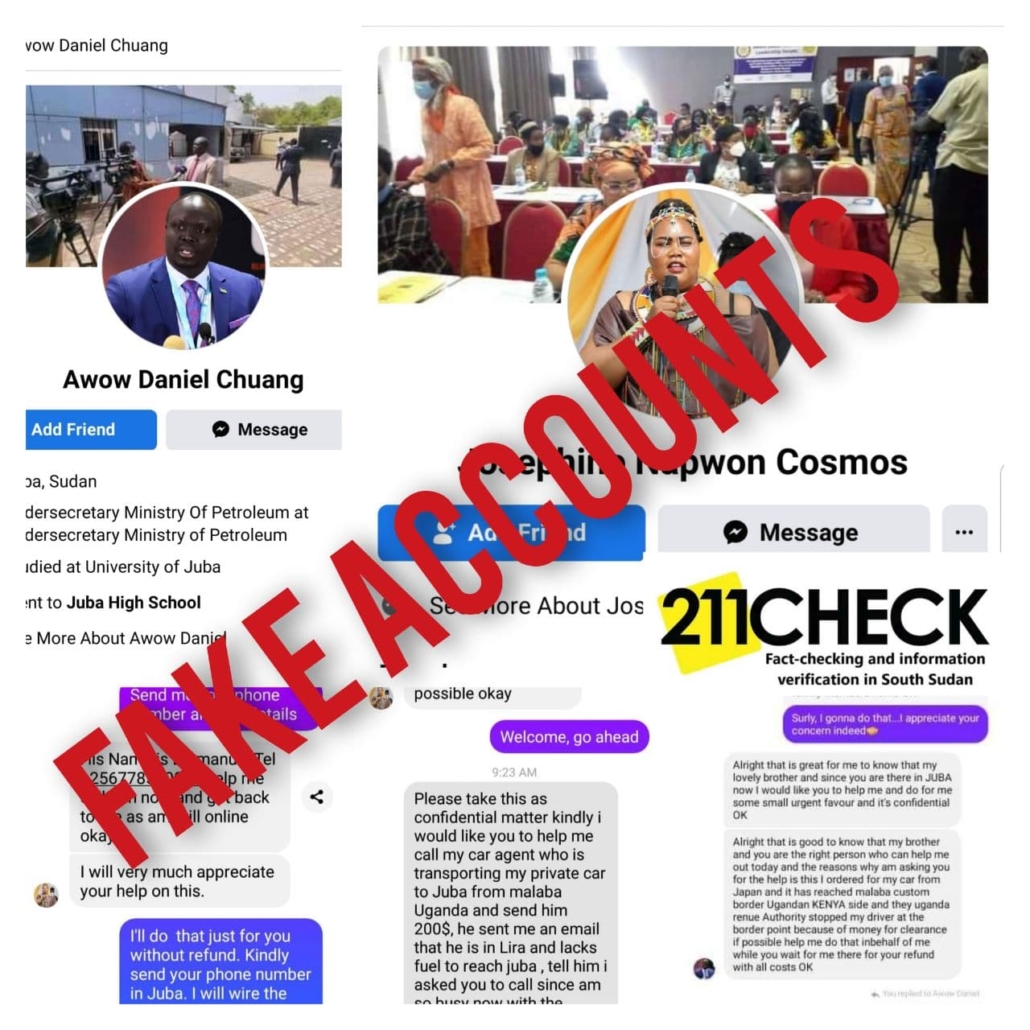

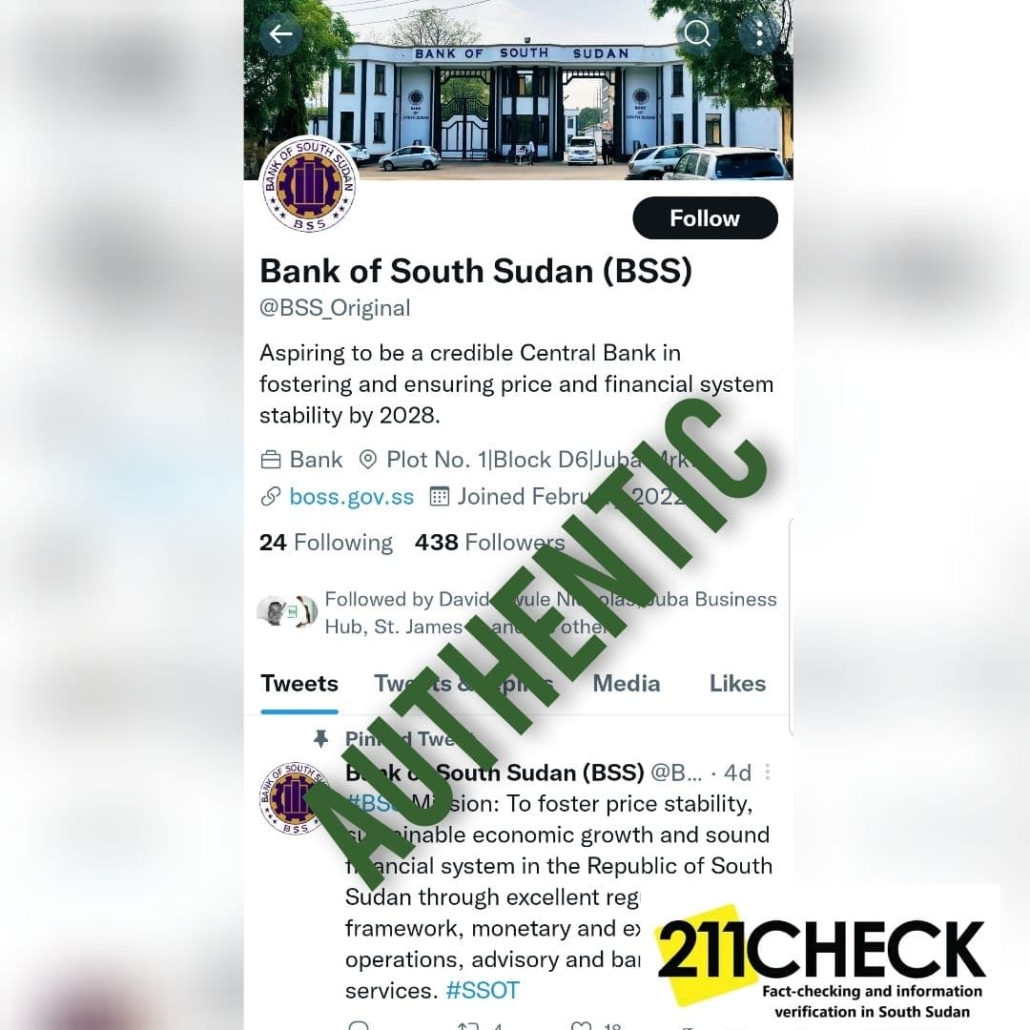
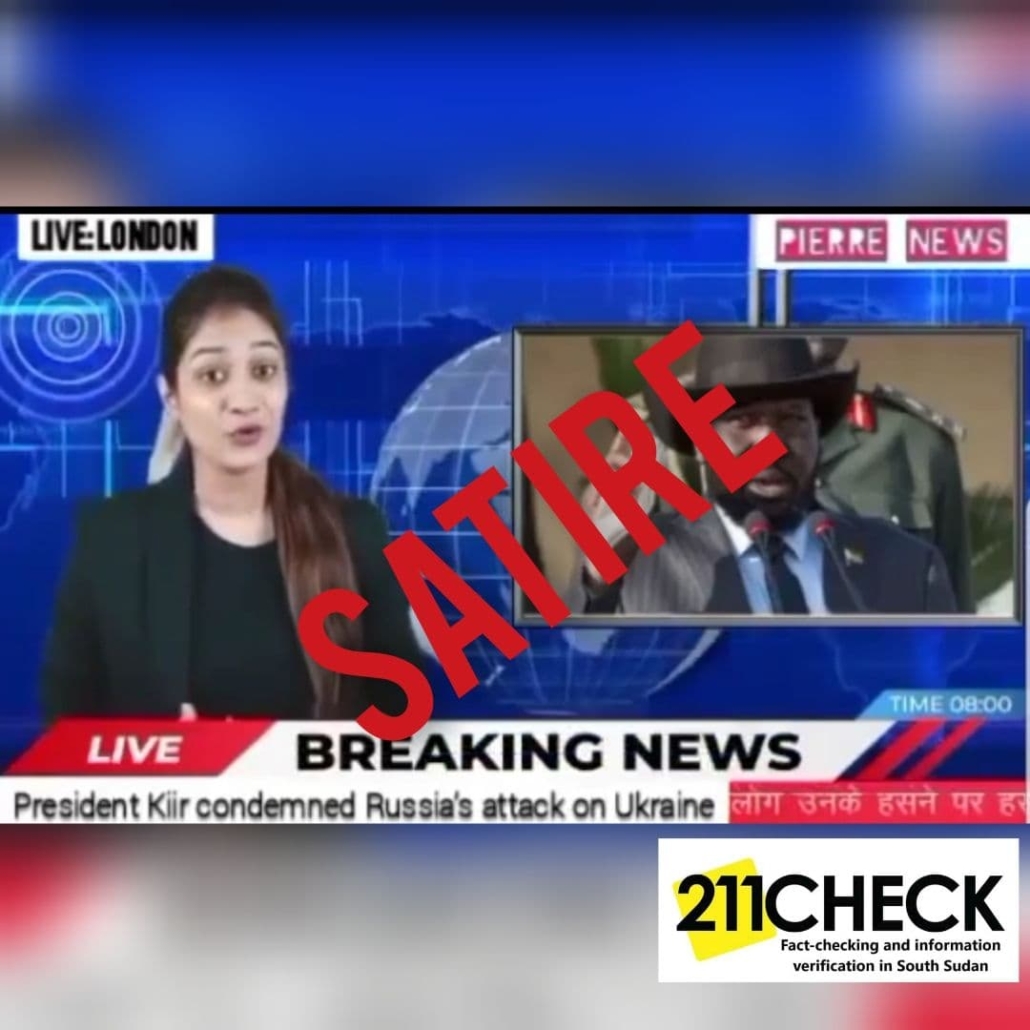
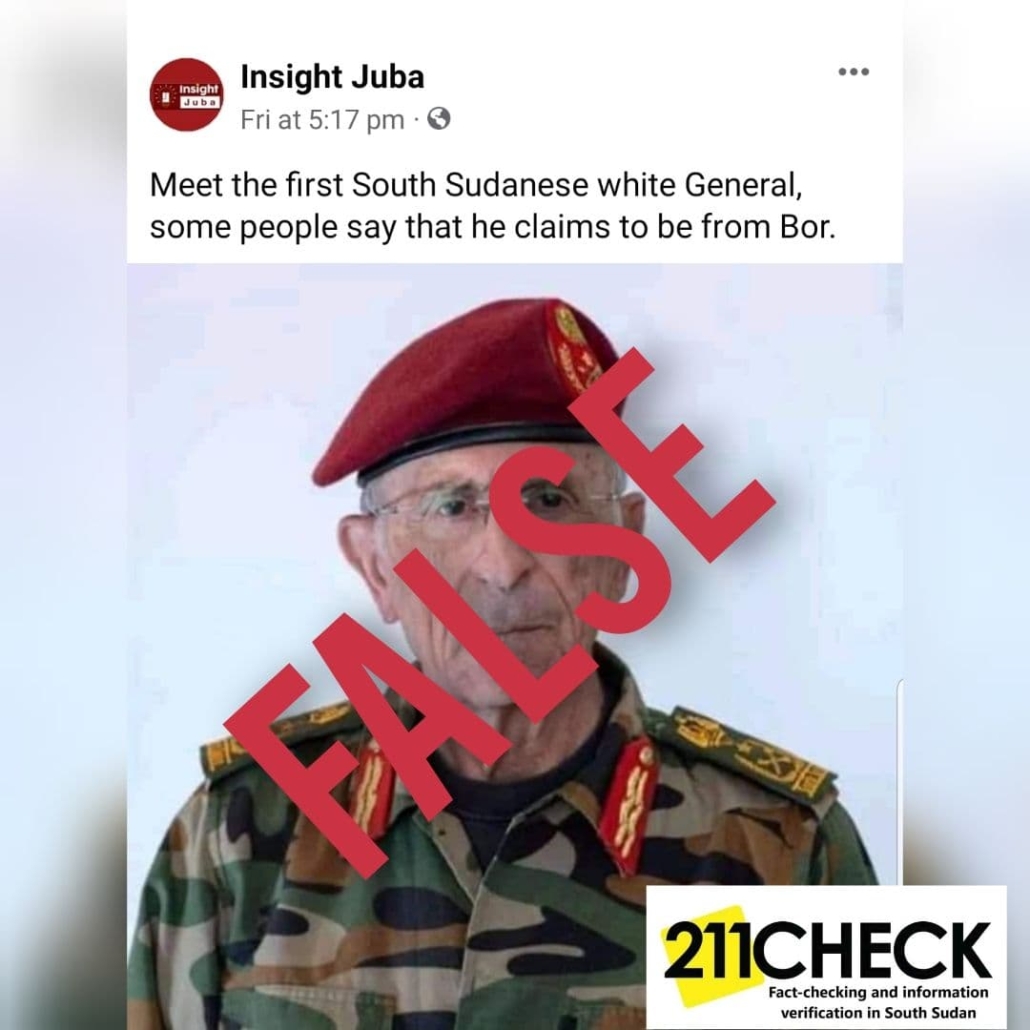
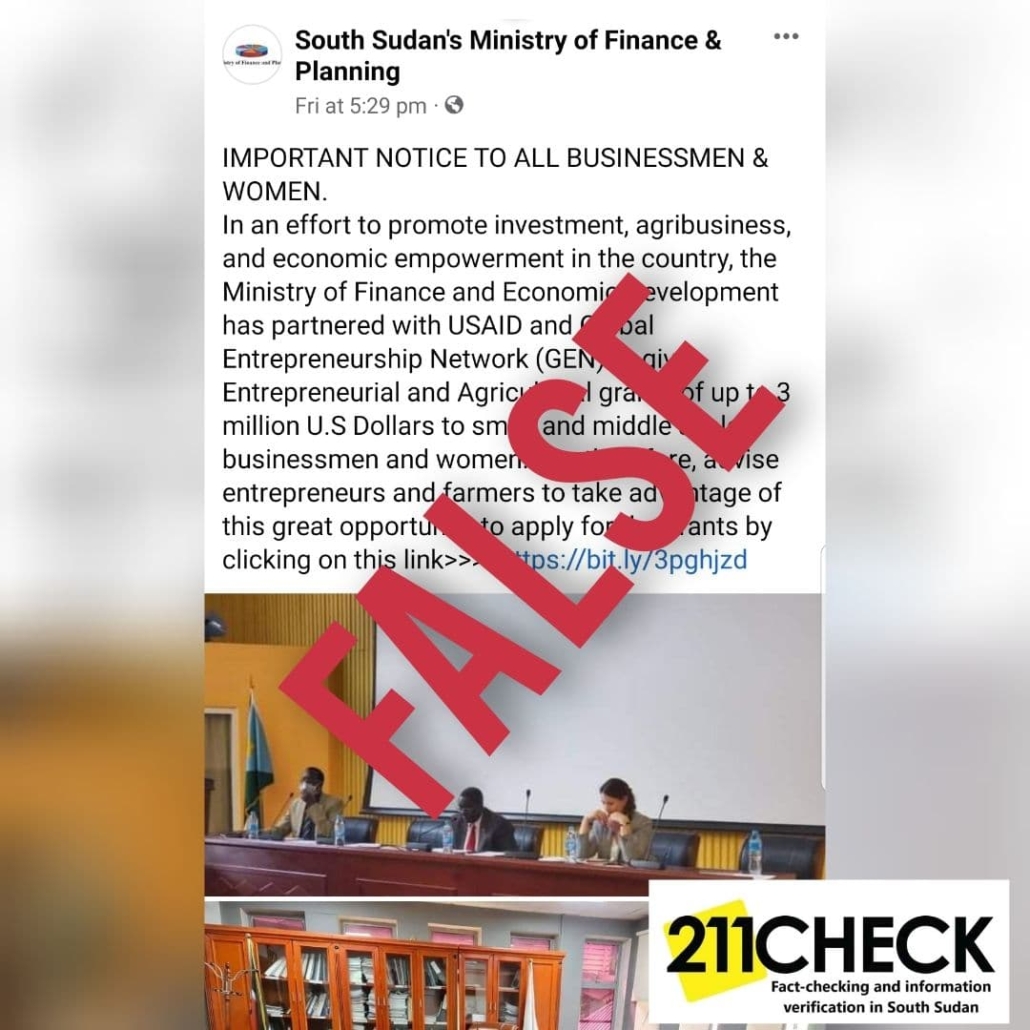

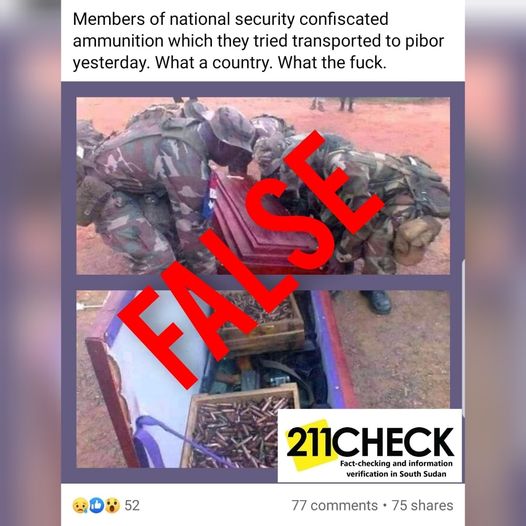
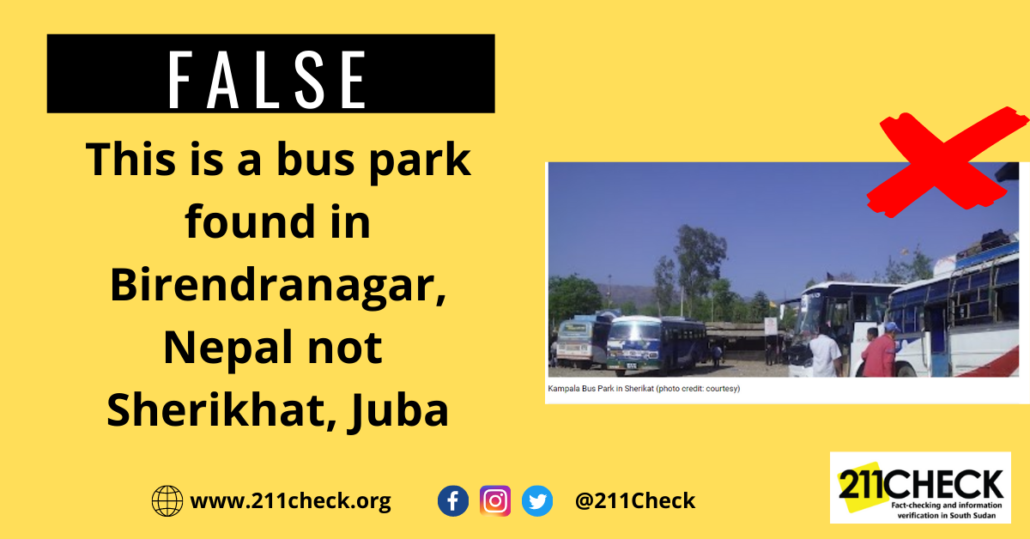 211 Check
211 Check